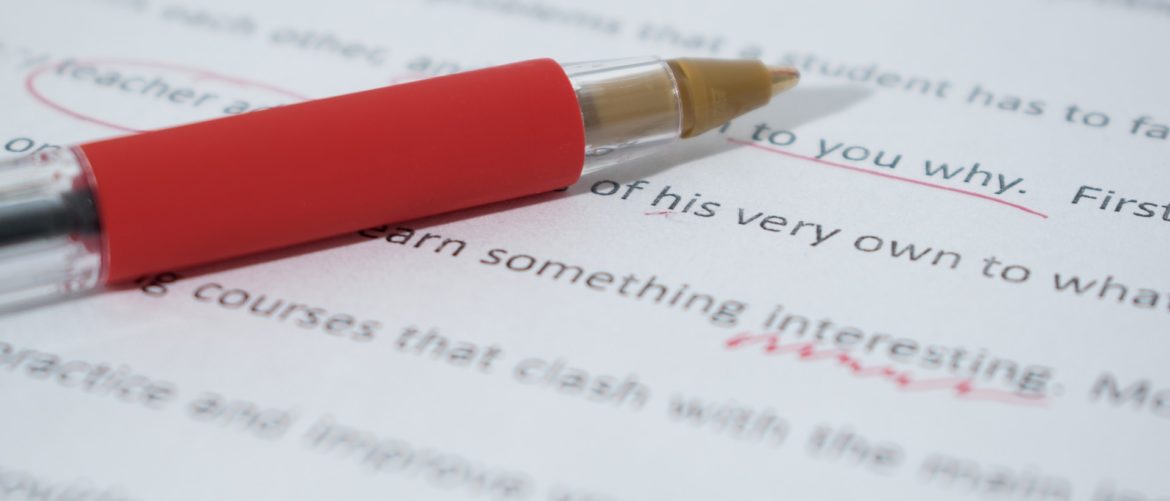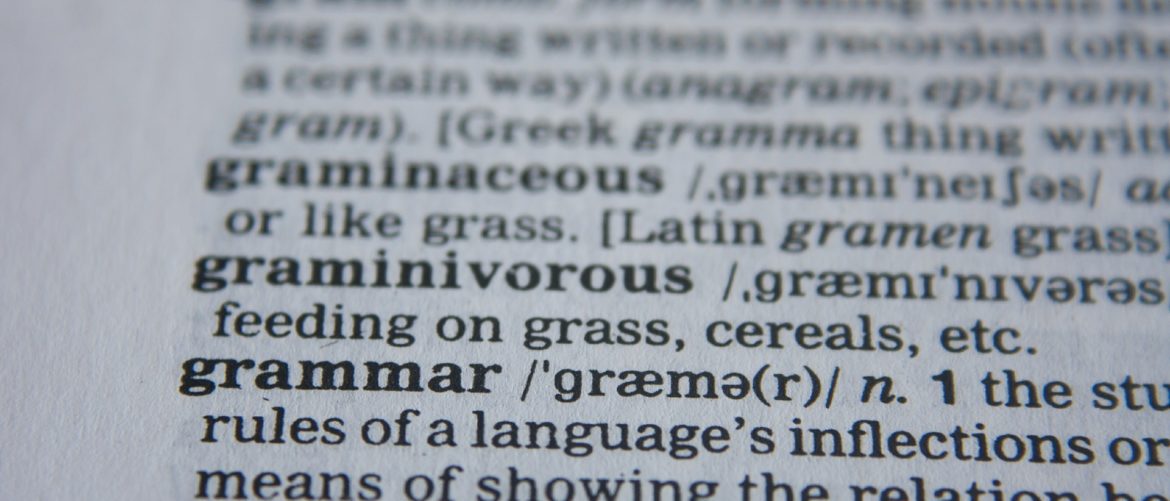The Conditional Forms We are going to look at structures called conditional forms. There are two clauses in these structures. These clauses are usually called the conditional clause or if-clause (the cause) and the main clause (the effect). Sometimes they are called the if-conditionals or if-structures because the sentences contain the word if. There are basically four conditionals that will be dealt with. The Zero Conditional…










